Disclosure: This article contains affiliate links. We may earn a commission from purchases at no extra cost to you, which helps our travel content.
When I traded my marketing corner office for a theater intern's desk at 56, I never imagined I'd find myself wandering the diagonal streets of La Plata, Argentina two years later. Yet here I was—a man pushing 60, with more salt than pepper in my hair, discovering a city where theater, architecture, and youthful energy collide in the most magnificent symphony. La Plata isn't just Buenos Aires' scholarly cousin; it's Argentina's beating cultural heart disguised as a university town, waiting for those willing to look beyond the obvious.
Finding Your Bearings in the City of Diagonals
La Plata's geometric perfection is both a blessing and a curse for newcomers. The city's unique design—a perfect square with diagonals cutting through its grid—makes it theoretically simple to navigate, yet somehow I still found myself gloriously lost during my first two days.
The locals call La Plata 'la ciudad de las diagonals' (the city of diagonals), and these angular streets slice through the traditional grid like theatrical plot twists. My theater-trained mind couldn't help but appreciate the dramatic tension in this urban design.
Rather than fighting the confusion, I surrendered to it, armed with only my trusty pocket compass (yes, this old-school theater guy refuses to rely solely on smartphone navigation). When the inevitable disorientation struck, I'd pull it out dramatically—much to the amusement of passing students—and find my way back to Plaza Moreno, the city's central square and perfect reference point.
The plaza itself, with the stunning neo-Gothic cathedral on one side and the municipal palace on the other, became my daily grounding ritual. Each morning, I'd sip mate (still learning not to burn my tongue) and watch the city awaken around me.
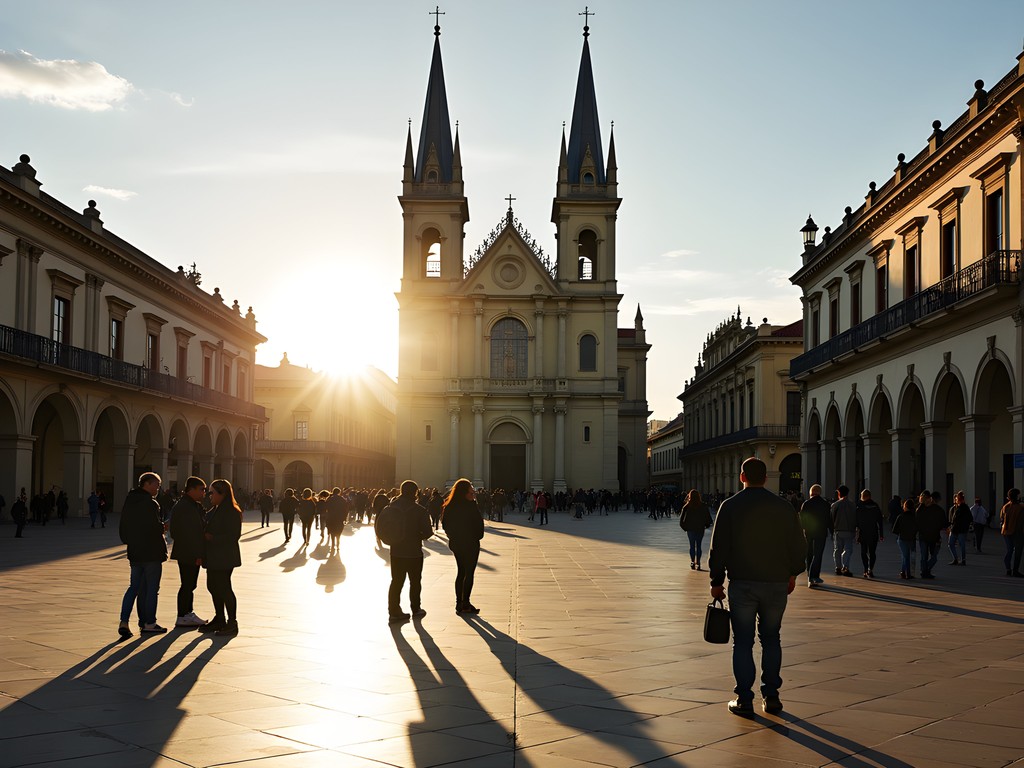
💡 Pro Tips
- Use Plaza Moreno as your navigation hub—all major diagonals lead here
- Get a physical map from the tourism office in Pasaje Dardo Rocha; the free ones show all diagonal streets clearly
- When lost, ask students for directions—they're everywhere and incredibly helpful
Student Haunts: Where Budget Meets Bohemian
At 58, I initially felt conspicuous among La Plata's 150,000 university students. That lasted approximately 47 minutes—until I discovered my first 'estudiante' café, where nobody cared about my age, only whether I could contribute to the passionate debate about Argentine theater happening at the next table.
La Plata's student economy is a budget traveler's dream. My theater intern salary doesn't stretch far in most cities, but here I lived like royalty. The key is following the student crowds to their natural habitats.
My favorite discovery was Café Modelo on Calle 54, a time capsule of intellectual Argentine café culture where you can nurse a cortado for hours while eavesdropping on conversations spanning philosophy, politics, and art. For 300 pesos (about $3), I'd get coffee and three medialunas (sweet croissants) that sustained me through mornings of exploration.
When evening hunger struck, I'd join the line at El Pasaje on Diagonal 80, where massive portions of homemade pasta cost less than a fancy coffee back home. Bring a collapsible food container for inevitable leftovers—Argentine portions defy human capacity, and this silicone wonder saved me from wasting delicious food while providing the next day's lunch.
For true budget immersion, nothing beats the university cafeteria at UNLP's central building. Non-students can eat there for a slight premium, but we're talking 500 pesos (about $5) for a complete meal that would cost triple elsewhere.
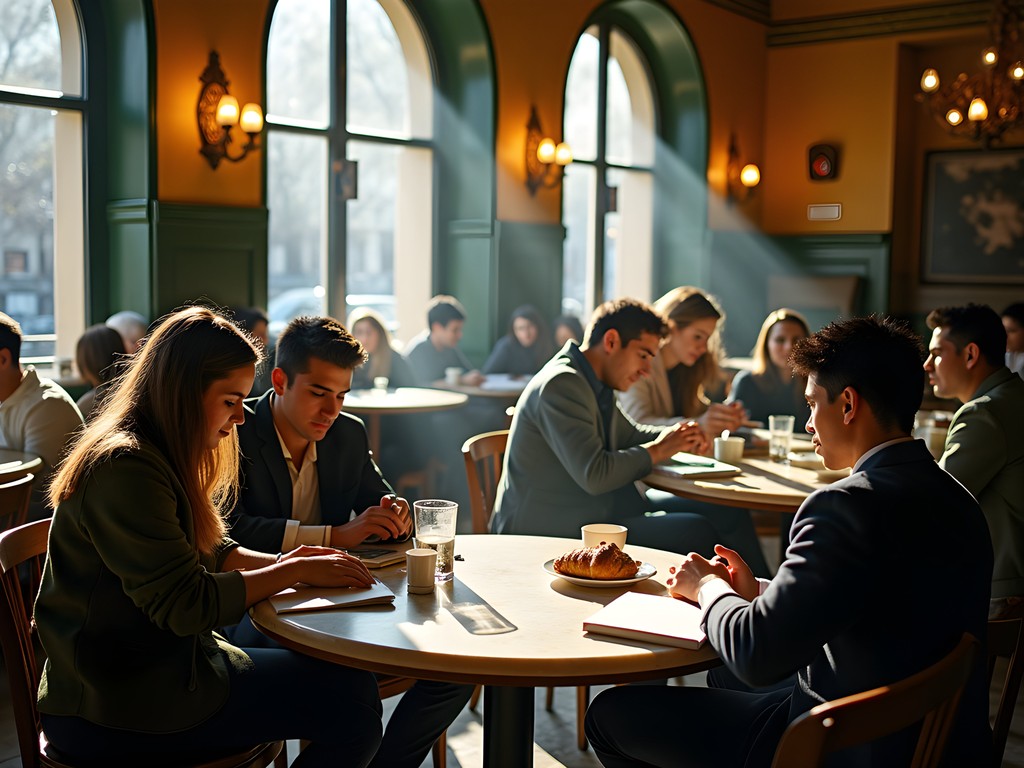
💡 Pro Tips
- Visit cafés during 'happy hour' (usually 4-7pm) for 2-for-1 coffee and pastries
- Look for 'menú del día' signs for fixed-price complete meals that often include wine
- Student bars around Plaza España offer the cheapest drinks, especially on Tuesday 'Ladies Nights' (where this gray-haired gentleman was surprisingly still welcomed)
Theater Life Beyond Buenos Aires
Most travelers seeking Argentine theater head straight to Buenos Aires, missing La Plata's vibrant scene entirely. As a theater intern in my late fifties, I came specifically to explore this lesser-known dramatic landscape—and it didn't disappoint.
La Plata's Teatro Argentino is the architectural showstopper, a brutalist concrete masterpiece housing the second most important opera house in Argentina. But the real magic happens in the city's independent theaters scattered throughout the diagonal streets.
Teatro La Nonna on Calle 3 became my spiritual home. This converted family house hosts experimental works by university students and faculty, with tickets rarely exceeding 1000 pesos ($10). I watched a mesmerizing adaptation of Lorca where the audience moved through different rooms of the house, the domestic setting lending raw intimacy to the performance.
For those who understand even basic Spanish, the weekly theater workshops at Centro Cultural Islas Malvinas welcome visitors. I joined a three-hour voice projection session led by a former Teatro Colón performer, walking away with techniques I'm now using in Bakersfield. Bring a reusable water bottle to these workshops—vocal work is thirsty business, and La Plata's tap water is perfectly safe.
The absolute highlight was La Plata's 'Teatro en Diagonal' festival held every spring, where performances pop up along the city's diagonal streets. I watched Shakespeare performed in a plaza, contemporary dance in an abandoned factory, and a one-man show in the back of a moving truck that traveled down Diagonal 74.
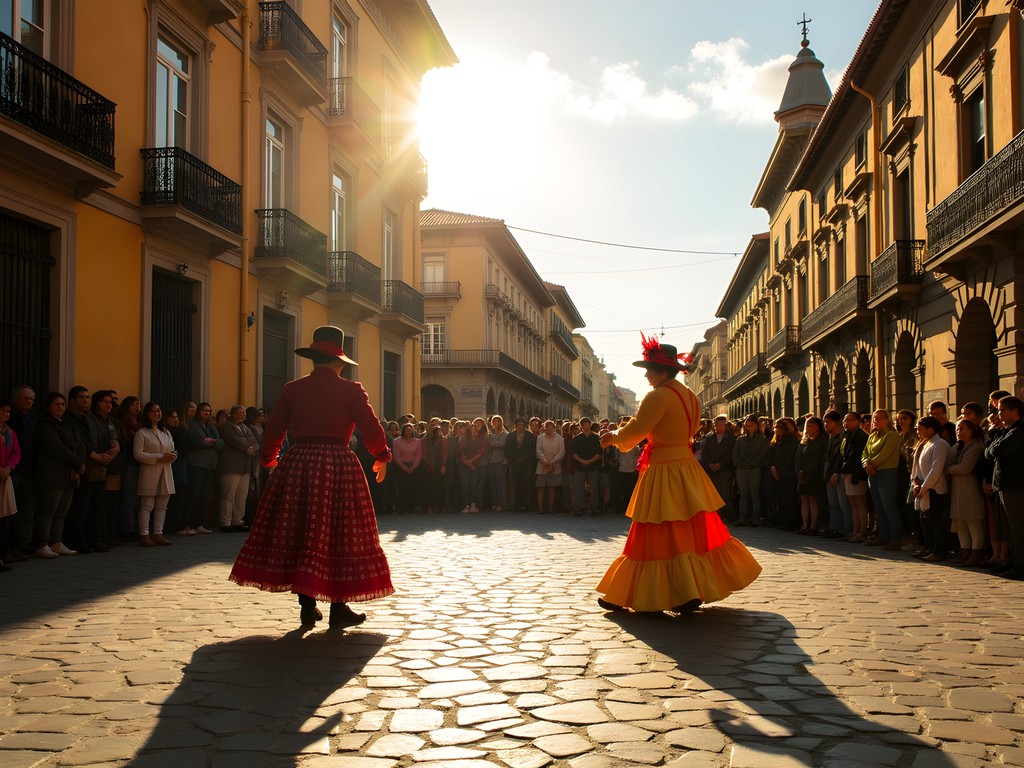
💡 Pro Tips
- Check bulletin boards at Facultad de Bellas Artes for student productions—often free or donation-based
- Visit Teatro Argentino on Tuesdays when they offer guided backstage tours in Spanish and English
- For Spanish learners, look for physical comedy and movement-based performances that transcend language barriers
Living Arrangements: Beyond Hostels and Hotels
La Plata's status as Argentina's university city creates unique accommodation opportunities for budget travelers willing to look beyond conventional options.
I initially booked three nights at Frankville Hostel near Plaza Italia, where my gray hair and morning stretching routine amused the twenty-something backpackers. While comfortable and central (around 2500 pesos/$25 per night), I craved something more immersive.
Salvation came through La Plata's robust pensión system—family homes that rent rooms to students, often with shared kitchens and common areas. These aren't typically listed online; you'll find them through bulletin boards at the university or Facebook groups like 'Alquileres La Plata.'
Through a theater connection, I secured a room in Doña Elena's pensión on Calle 65 for just 15000 pesos ($150) for the week. Elena, a retired literature professor in her seventies, rents four rooms primarily to graduate students. My simple accommodations included breakfast, weekly linen changes, and priceless cultural immersion as Elena's maternal instincts extended to ensuring I experienced 'proper' Argentine living.
For light sleepers, I recommend packing a white noise machine. La Plata's student energy means late-night conversations and impromptu guitar sessions are part of the experience. This compact device saved my sleep on multiple occasions while still allowing me to embrace communal living.
Another option is home exchanges with theater professionals. La Plata's Teatro Argentino has an informal network connecting visiting artists with local homes. While this requires planning and professional connections, it provided me two nights in a stunning apartment overlooking Plaza Moreno at no cost beyond a promise to host the owner when she visits California.
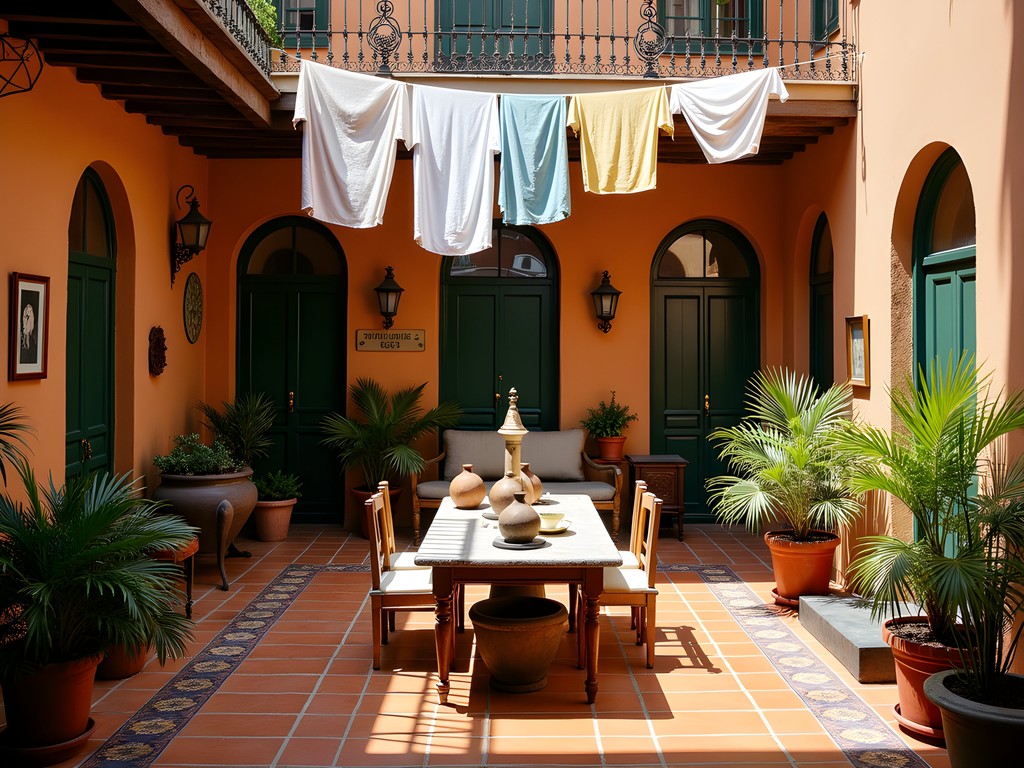
💡 Pro Tips
- Ask at the Universidad Nacional de La Plata's international office for pensión recommendations—they often keep lists for exchange students
- Join Facebook groups like 'Extranjeros en La Plata' or 'Alquileres Temporarios LP' at least a month before arrival
- Consider home-sitting opportunities through the university's faculty housing board, especially if traveling during summer or winter breaks
Rhythm of La Plata: Timing Your Day Like a Local
Forget everything you know about daily schedules—La Plata operates on distinctly Argentine time, and adapting to this rhythm transforms your experience from tourist to temporary local.
My first morning, I was up at 7am searching desperately for breakfast, only to find the city barely stirring. By day three, I'd embraced the Platense schedule: light breakfast around 9am, main lunch between 2-4pm, and dinner no earlier than 9:30pm (with many restaurants not filling until 11pm).
This adjustment isn't merely about meal times—it's about understanding the city's energy flow. Mornings are quiet and contemplative, perfect for visiting the magnificent Cathedral or the Museum of Natural Sciences when tourist crowds are nonexistent. I'd often bring my travel sketchbook to capture the morning light on the cathedral's neo-Gothic details while having the plaza almost to myself.
The university's rhythm dictates the city's pulse. From 7-10pm, the diagonal avenues fill with students moving between classes and social engagements, creating a vibrant atmosphere perfect for people-watching. This 'golden hour' is when impromptu performances appear in plazas and the city's energy peaks.
Sundays follow different rules entirely. The city center empties as families head to Paseo del Bosque (the main park) for asados (barbecues) and mate circles. Join them with some bakery empanadas and ready-made mate (available at any kiosk) for an authentic weekend experience.
One peculiarity: La Plata observes siesta culture more strictly than many Argentine cities. From roughly 1-5pm, many smaller shops close entirely. Rather than fighting this rhythm, I embraced afternoon rest with a book in Plaza San Martín, joining the students who sprawl across the grass between classes.
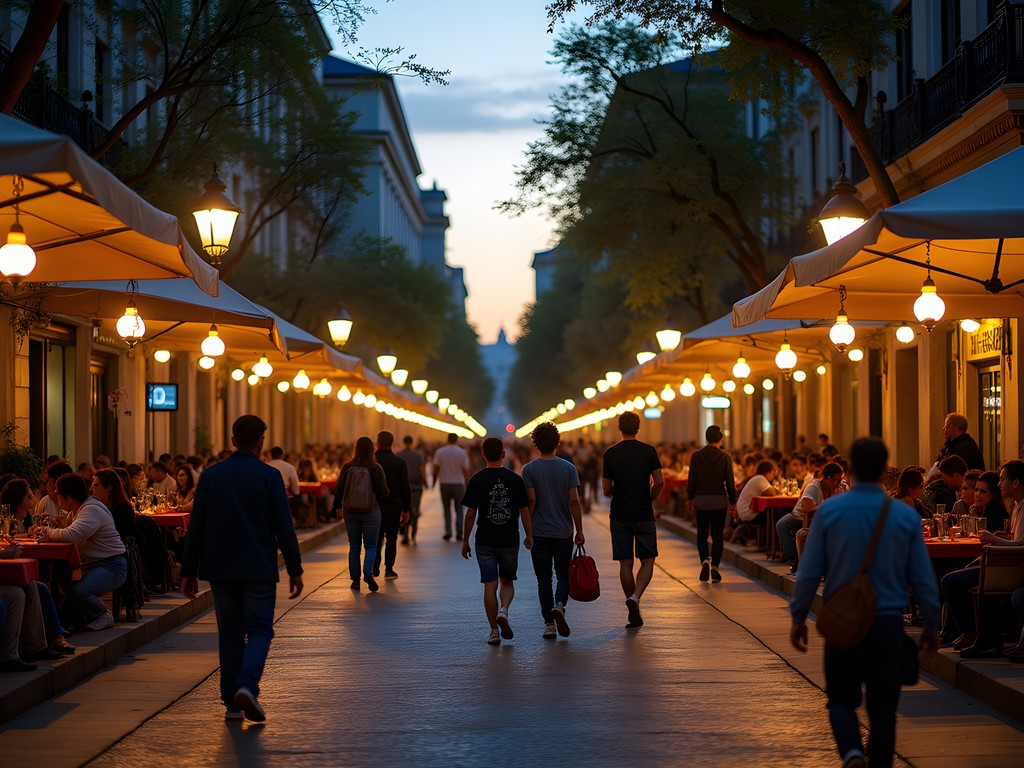
💡 Pro Tips
- Carry a packable blanket for impromptu plaza relaxation during the afternoon siesta hours
- Schedule museum visits for mornings when local crowds are minimal and energy is highest
- Save nightlife exploration for Thursday through Saturday, when the city stays vibrant until 4am—other nights can feel surprisingly quiet after midnight
Final Thoughts
As I packed my bags after a week in La Plata, I realized this perfectly planned city had rearranged something within me too. At 58, I've traveled enough to know when a place has worked its way under my skin—not just as a destination checked off a list, but as a chapter in my ongoing reinvention story.
La Plata taught me that being the oldest person in the room (or café, or theater workshop) isn't a limitation but an opportunity for connection across generations. The city's diagonal avenues—initially confusing to my orderly mind—became a metaphor for the beautiful detours that led me from corporate marketing to theater internships to this Argentine university town where I was simultaneously student and teacher.
As you plan your own La Plata adventure, remember that the city reveals itself to those who abandon rigid schedules and embrace its academic rhythm, theatrical soul, and geometric heart. The real magic happens not when following a guidebook's prescribed route, but when allowing yourself to get gloriously lost down a diagonal street, only to discover a student production, a philosophical debate, or a perfect medialuna waiting at the end.
From one late-blooming adventurer to another—La Plata isn't just a destination; it's permission to redraw your own map, regardless of which act of life you're currently playing.
✨ Key Takeaways
- La Plata operates on university rhythms—adapt your schedule to local timing for the best experience
- Budget travelers can live well by tapping into student economies and accommodation networks
- The theater scene offers world-class experiences at a fraction of Buenos Aires prices
- The city's perfect geometric design is best appreciated by occasionally getting lost in it
- Cross-generational connections happen naturally in this university city, regardless of your age
📋 Practical Information
Best Time to Visit
Spring (September-November) and Fall (March-May)
Budget Estimate
$30-50 per day including accommodation, food, and activities
Recommended Duration
5-7 days
Difficulty Level
Intermediate

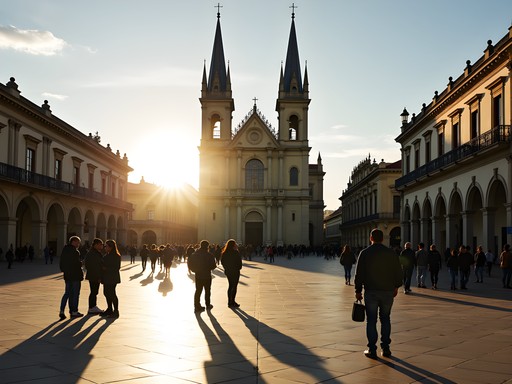
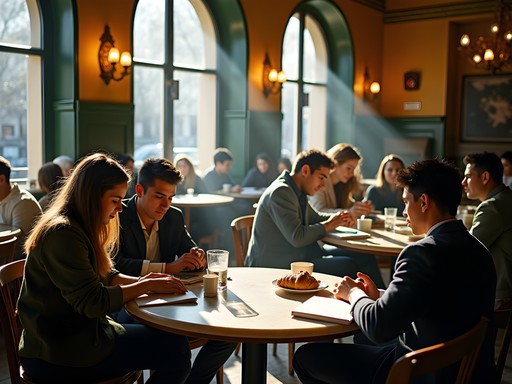
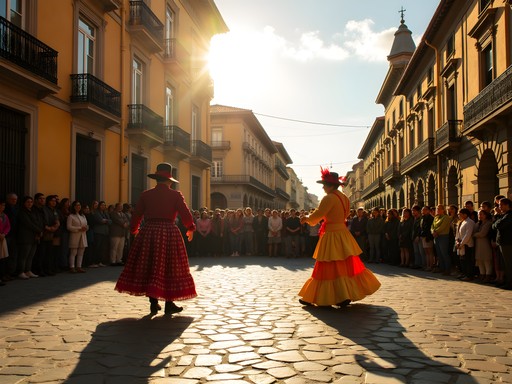
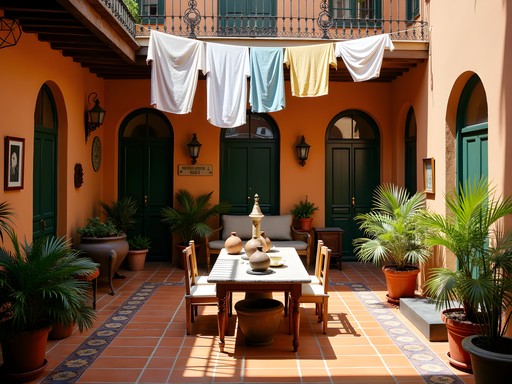
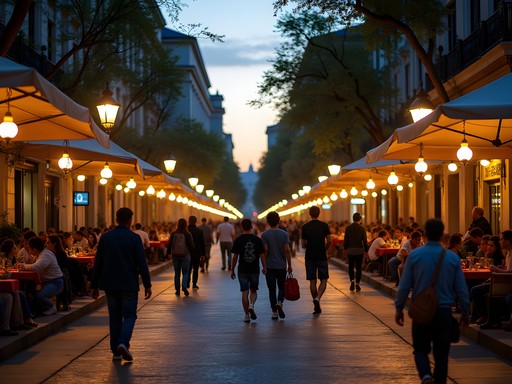


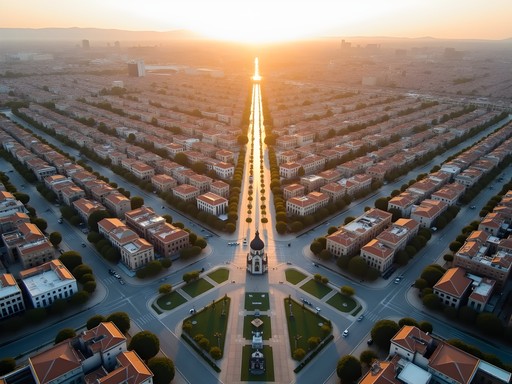
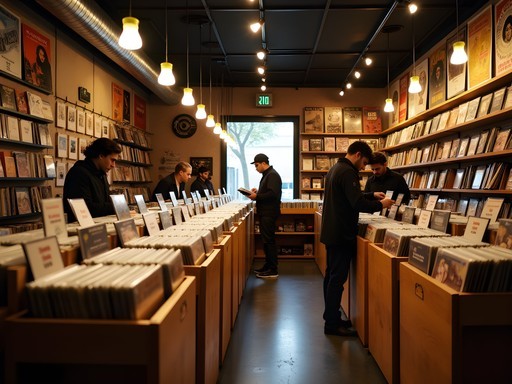
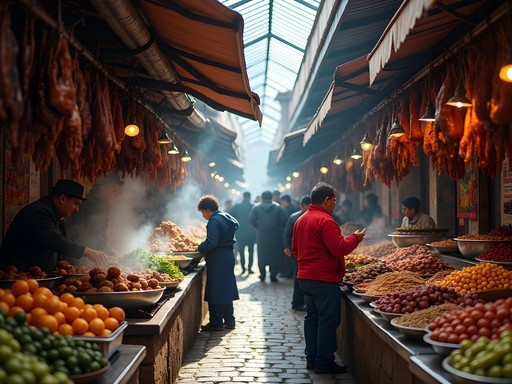
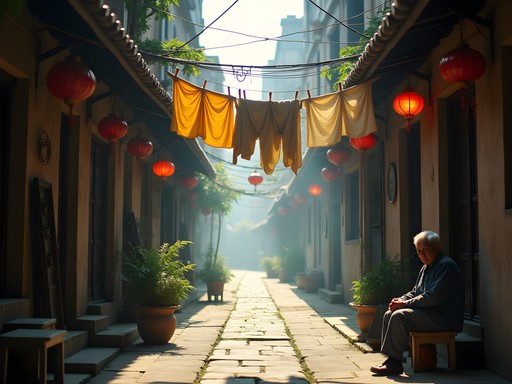

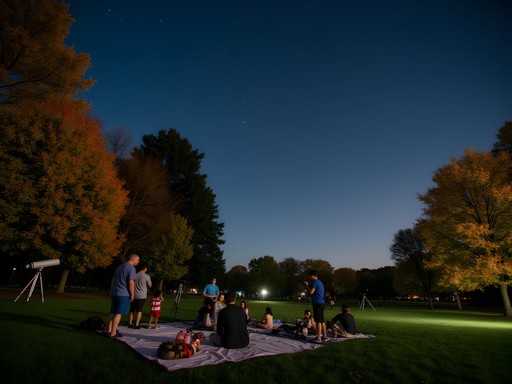
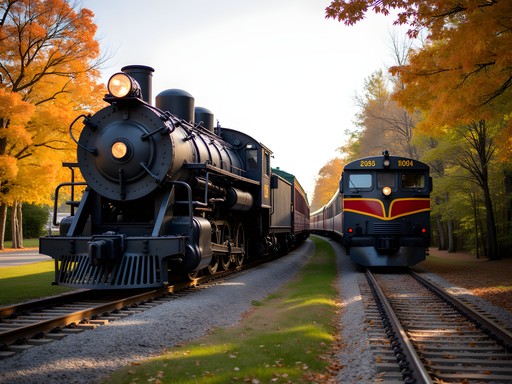
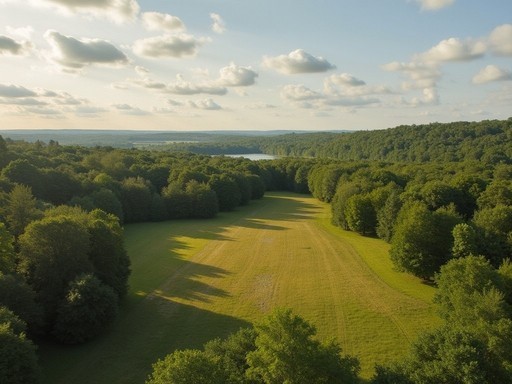
Comments
Casey Andersson
Aiden, your career pivot story really resonated with me! I'm half your age but already feeling that pull toward more meaningful travel experiences. When I was in La Plata last year, I stayed at Dazzler by Wyndham and while it's definitely not the budget bohemian vibe you described, the rooftop views of the cathedral at sunset were absolutely stunning. I actually found the best local experience was just sitting in República de los Niños on a Sunday afternoon watching families – that's where I met a theater student who told me about underground performances. Would love to hear more about the theater scene you discovered!
Aiden Jackson
Casey! República de los Niños is magical, isn't it? The underground theater scene is incredible – so much experimental work happening. I'll have to write a follow-up post about it. The passion there rivals anything I saw in BA.
journeynomad
Love this! How easy is it to get around without Spanish? Thinking about visiting but my Spanish is pretty rough lol
Aiden Jackson
Honestly, it's tougher than Buenos Aires. Students are helpful but not many speak English. I used a translation app constantly those first few days! Worth it though.
journeynomad
Thanks! That's what I figured. Guess I'll brush up before I go
journeyblogger8744
That shot of the sunset over Plaza Moreno is incredible! What camera do you use?
ArgentinaFan
Great post! How did you find the public transportation there? Worth using or better to walk?
Aiden Jackson
The city center is very walkable, but I found the local buses (colectivos) great for reaching the outskirts like Meridiano V neighborhood. Just get a SUBE card from any kiosk. The grid system makes navigation pretty straightforward once you get the hang of it!
oceanmate8681
Going to La Plata next week! Any recommendations for vegetarian food spots?
cityblogger
@oceanmate8681 Not the author but I can recommend Verde Que Te Quiero Verde near the university. Amazing veggie empanadas!
TravelingTeacher
I visited La Plata during their theater festival last year and it was incredible! Aiden, your insights about the theater scene are spot on. For anyone planning a trip, try to time it with the TEATROXLAIDENTIDAD festival if possible. The whole city transforms with performances in unexpected places - I saw an amazing show in an old factory building. Also, those student haunts you mentioned were perfect for my teacher's budget. The milanesas at El Rincón on Diagonal 74 are massive and cost about a third of what you'd pay in Buenos Aires!
roamblogger
Finally a post about La Plata! Such an underrated city compared to BA. The diagonal streets are so unique!
hikingphotographer
Just got back from La Plata and those diagonals are no joke! Got lost twice a day but discovered amazing little cafes because of it 😂
roamblogger
The best travel experiences always come from getting lost! Did you check out any of the student bars Aiden mentioned?
hikingphotographer
Yes! Went to that place on Calle 8 with the amazing craft beers. So cheap compared to Buenos Aires and full of theater students having passionate debates. Exactly the authentic experience I was hoping for!
wavelegend
Just got back from Argentina and spent 3 days in La Plata after reading this post. Those student cafes were exactly as described - cheap and full of character! I found an amazing bookstore café on Calle 49 that wasn't mentioned here. It's called Librería del Bosque and they have poetry readings on Thursday nights. Met some really cool locals there who took me to a underground tango club afterward. Definitely worth checking out!
Sage Dixon
Aiden, your post brought back so many memories! I spent three months in La Plata last year collaborating with local adventure guides. Those diagonal streets confused me for weeks! That student cafe you mentioned on Calle 50 - Café Vienés - became my second home. Did you ever catch the underground theater performances at El Sótano? They do these amazing experimental pieces that blend Argentine traditions with modern themes. One tip for anyone heading there: the Sunday market at Parque Saavedra is where all the locals shop and has the best empanadas in the city. I still dream about them! I carried my pocket translator everywhere, which was a lifesaver for navigating the local theater scene where English is limited.
Aiden Jackson
El Sótano was a revelation! I caught a modernized version of 'La Nona' there that blew me away. And yes to those Parque Saavedra empanadas - the cheese and corn ones especially. Three months must have given you such deeper insights than my brief stay!
hikingphotographer
Love this perspective on La Plata! I'm heading there in October and wondering about those 'living arrangements beyond hostels' you mentioned. Any specific neighborhoods you'd recommend for a 2-week stay?
Aiden Jackson
Thanks for reading! I'd highly recommend looking at places near Plaza Moreno or along Calle 12 between 54 and 60. Lots of character and walking distance to everything. Several theater friends rent out rooms to visitors - check the Facebook group 'La Plata Temporario' for some great options from locals.
hikingphotographer
Perfect, thanks! Will definitely check out that Facebook group.
Venture X
Premium card with 2X miles, $300 travel credit, Priority Pass